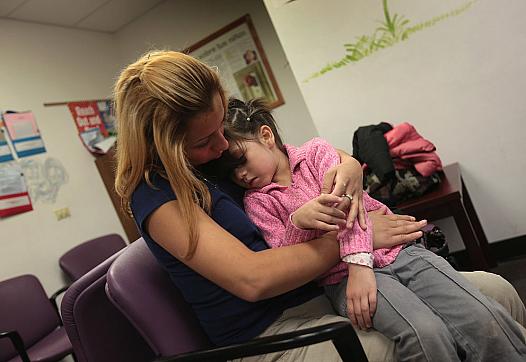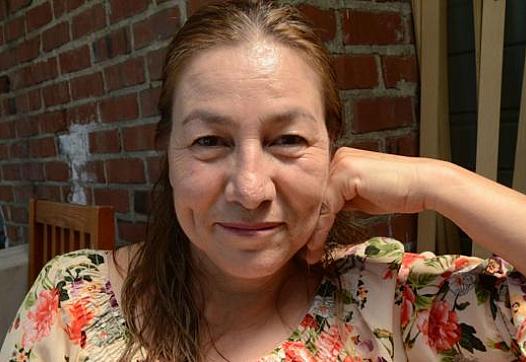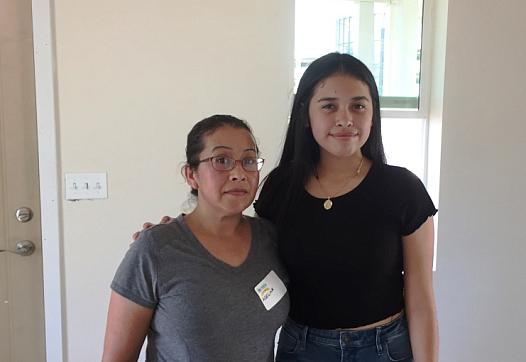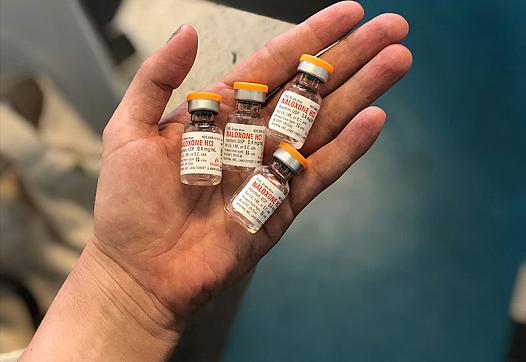
The Trump administration’s new public charge rule could discourage immigrants from accessing everything from emergency services to free flu shots, health experts warn.

The Trump administration’s new public charge rule could discourage immigrants from accessing everything from emergency services to free flu shots, health experts warn.

“I never imagined that in one day, my whole caseload would have such severe trauma due to a natural disaster,” a school clinical social worker said.

Abandoning your home while fleeing a wildfire can be a traumatic experience. It’s even scarier if you don’t understand the language of the evacuation alerts chiming into your phone.
This story was produced as part of a larger project led by Courtney Teague, a participant in the 2019 California Fellowship.
Other stories in this series include:
Pricey housing in Napa County can cost more than your paycheck. It can affect your health
Napa Valley strangers talk housing struggles ov

When Kendy Mendoza of East Palo Alto and his wife experienced health scares over the last few years, they took action to turn their lives around. Eight years ago, when his wife was diagnosed with diabetes, she cut out bread and tortillas from her diet.

Roads are a key to everything, a reporter quickly finds out while traveling through the Navajo Nation.

While rolling vineyards, and fine wines and dining come to mind when most of the world thinks of the Napa Valley, the financial burden Agustina Palafox faces because of housing costs is not unusual here.

Standing in the Fountaingrove neighborhood, you can see the scar of the Tubbs fire stretch across the hillside. Two years later, the trees are still charred and the sounds of reconstruction are constant.

This story was produced as part of a larger project led by Nuala Sawyer, a participant in the 2019 California Fellowship.
Other stories in this series include:
Lost, Stolen, Sold: S.F. Violates Homeless Property Policy
S.F. Sees New Success in Treating Homeless People with Hep C
Keeping the Homeless

Black babies in Wake County are six times more likely to die before they reach their first birthday than white babies.